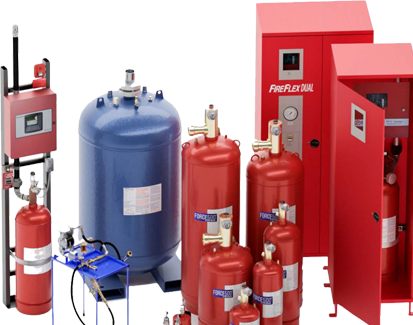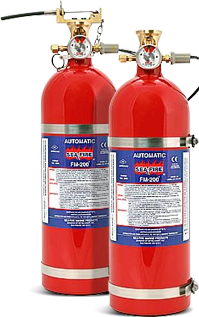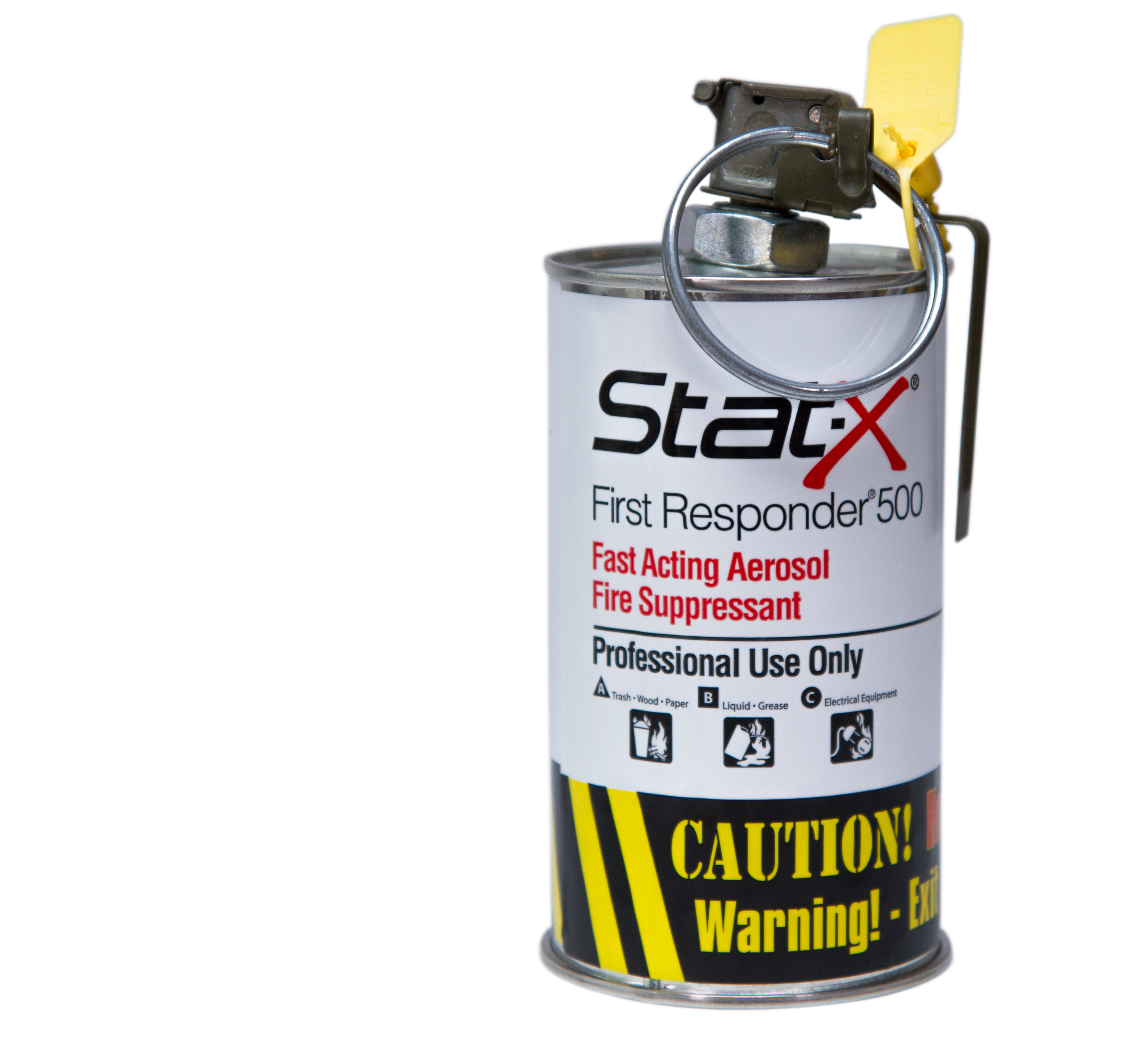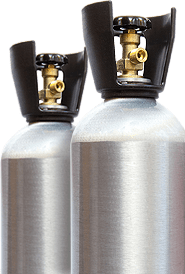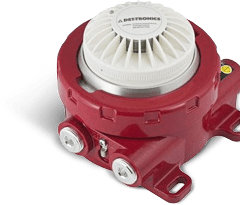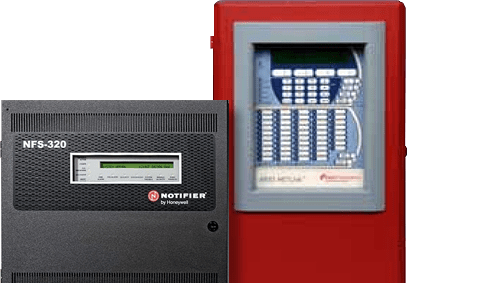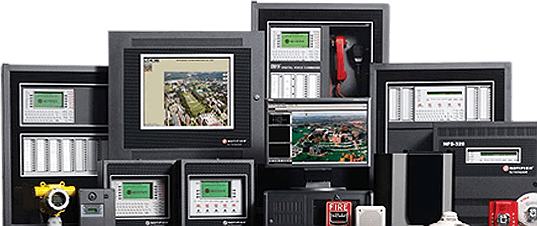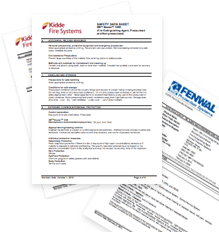Ensuring Food Industry Safety: Suppression Solutions for Processing Facilities
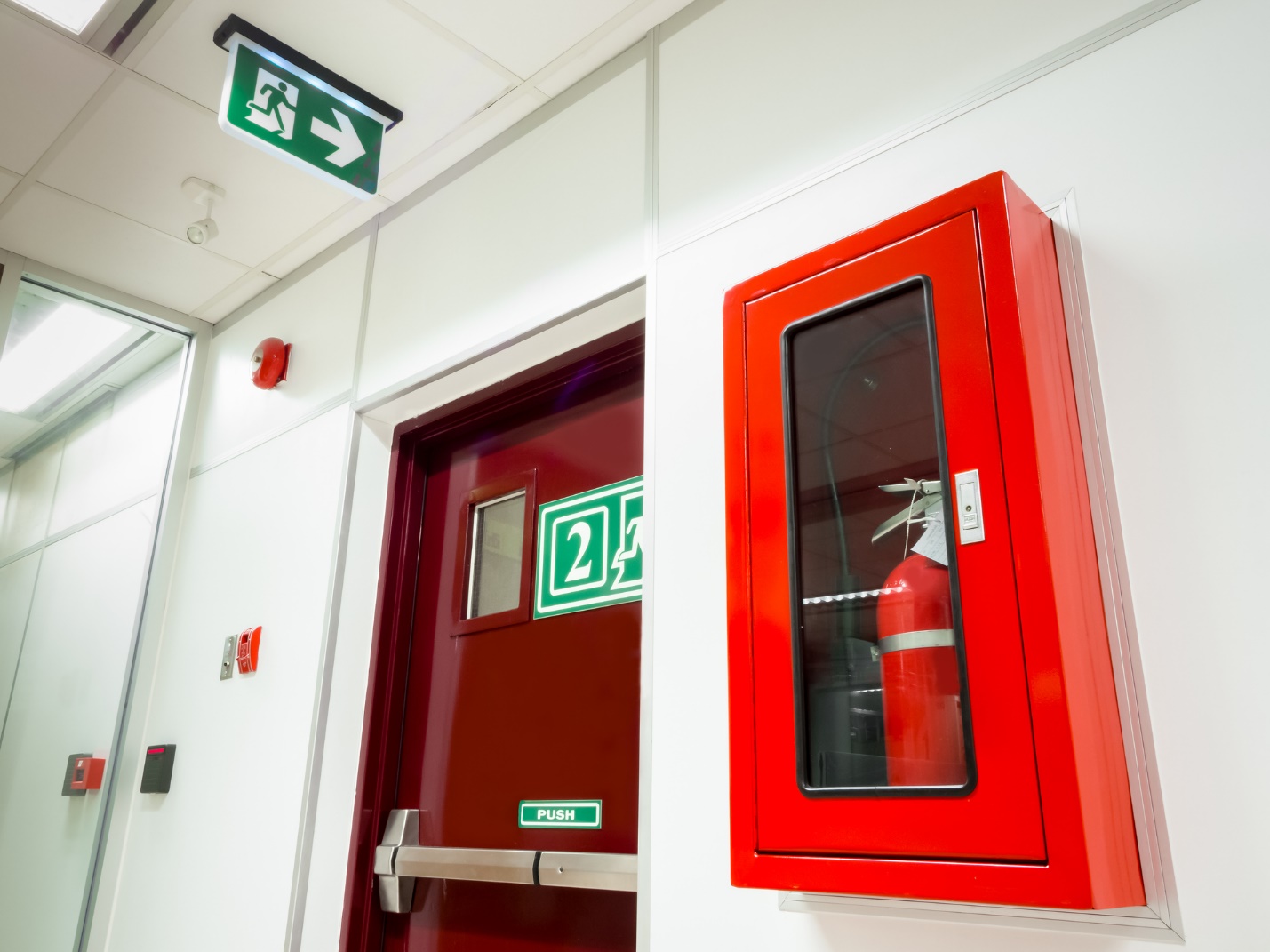
Ensuring
safety in the food processing industry
involves navigating a complex landscape of fire risks and compliance standards. The inherent presence of combustible materials, such as oils and fats, combined with the utilization of high-energy processing equipment, significantly elevates the risk of fire compared to other sectors. This heightened risk necessitates fire suppression solutions that are not only effective in extinguishing potential fires but are also designed to uphold the strictest hygiene and food safety standards. It's crucial that these systems minimize the risk of contamination during and after a fire incident, ensuring that food products remain safe for consumption.
Additionally, the article delves into the importance of adhering to compliance requirements tailored to the food industry, highlighting the need for facilities to stay abreast of the latest fire safety regulations and standards. Technological innovations in fire suppression play a pivotal role in enhancing safety measures. These include advanced detection systems capable of identifying the early signs of fire, as well as suppression agents that are non-toxic and safe for use in environments where food is processed and stored. The integration of hygiene and safety standards into fire suppression strategies is critical, ensuring that the measures taken to protect against fire do not compromise the quality or safety of the food being produced. This comprehensive approach to fire safety underscores the importance of a well-rounded strategy that addresses the unique challenges faced by the food processing industry.
Explore further
Compliance Requirements for Food Industry Fire Safety
Fire safety compliance in the food processing industry is governed by a complex web of regulations and standards. These requirements are designed to ensure not only the safety of the facilities and their workers but also the integrity and safety of the food products themselves. Key regulations include local and national fire codes, as well as industry-specific standards such as those from the National Fire Protection Association (NFPA).
One of the primary standards is NFPA 96, which specifically addresses ventilation control and fire protection of cooking operations. Compliance with such standards involves regular inspections, maintenance of fire suppression systems, and adherence to guidelines on the installation and use of cooking equipment. Ensuring compliance is a continuous process that requires ongoing attention and updates to fire safety practices and equipment.
Innovations in Fire Suppression Technology for Food Processing
The food processing industry benefits from several cutting-edge innovations in fire suppression technology. These advancements are designed to extinguish fires quickly and effectively without compromising food safety or hygiene. Some of the key innovations include:
- Water Mist Systems : These systems use fine water droplets to suppress fire, reducing the amount of water used and minimizing water damage. The fine mist also cools the surrounding area rapidly and reduces smoke, making it an ideal solution for food processing environments.
- C02 : These systems employ fire suppression agents that are safe for use in food processing areas. They leave no residue, making cleanup easier and preventing contamination of food products. Clean agents are effective against a wide range of fires, including electrical and grease fires.
- Automatic Detection and Suppression Systems : Modern fire suppression systems are equipped with automatic detection capabilities that can identify a fire in its early stages. These systems can then activate suppression mechanisms without human intervention, reducing response times and limiting damage.
Hygiene and Safety in Fire Suppression Systems
Hygiene and safety are paramount in the food processing industry, and fire suppression systems must be designed with these considerations in mind. Systems that use water on grease fires are not recommended and foam can pose a risk of contamination, making it essential to choose solutions that minimize these risks. Additionally, the maintenance and inspection of fire suppression systems must be conducted with an eye toward hygiene, ensuring that these activities do not compromise food safety.
Suppression systems should be selected and installed with the goal of not only extinguishing fires but also preventing the spread of contaminants. This requires a careful assessment of the types of fires that are likely to occur, as well as the areas of the facility that are most at risk. By integrating fire safety with food safety, processing facilities can protect against fire risks while maintaining the highest standards of product quality and safety.
Fire safety in the food processing industry is a complex issue that requires a multifaceted approach. By adhering to compliance requirements, embracing technological innovations, and integrating hygiene and safety considerations into fire suppression strategies, food processing facilities can safeguard against the risk of fire while maintaining the integrity of their products.
People also search
For food processing facilities looking to enhance their fire suppression capabilities while ensuring the highest standards of food safety, Control Fire Systems offers a range of innovative solutions. Our team of experts provides advanced fire suppression technologies that meet the unique needs of the food processing industry.





